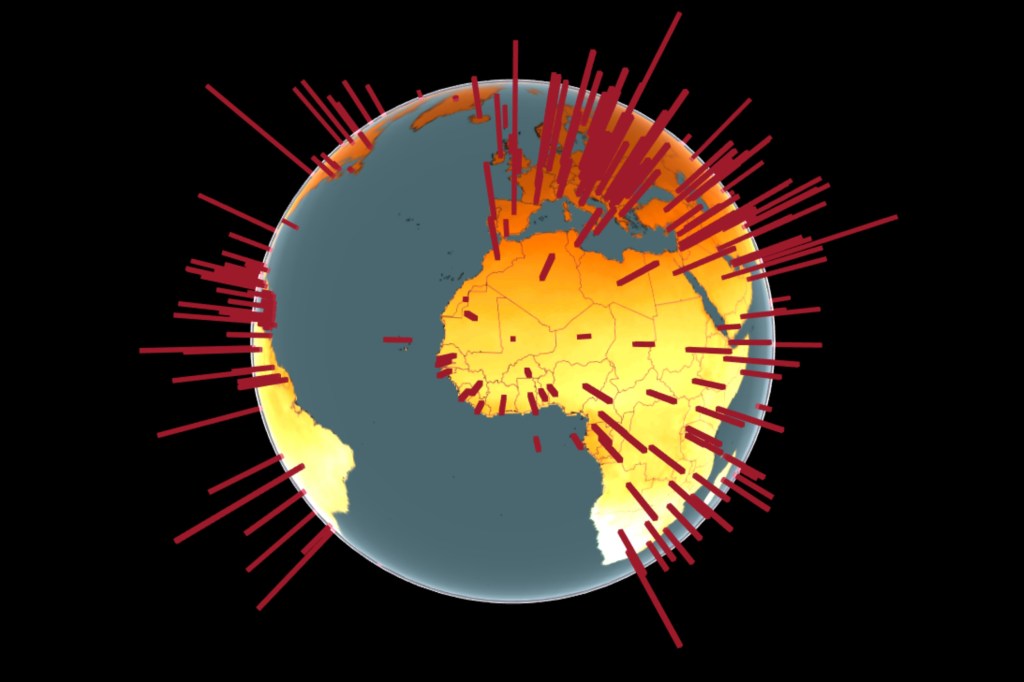Science & Tech
-

Preserving learning in the age of AI shortcuts
In podcast, teachers talk about how they’re using technology to supercharge critical thinking rather than replace it
-

A ‘cocktail’ recipe for brain cells
Stem cell biologists discover how to regenerate type damaged in ALS, spinal cord injuries

-

When you do the math, humans still rule
Harvard’s Lauren Williams, a MacArthur ‘genius,’ joins international effort to challenge notions of AI supremacy
-

‘Imagination’
Less like a picture, more like a video game? Cognitive scientist explains how we ‘see’ what isn’t real.
-

Breaking chess’s rating stalemate
Ranking skill can be tricky when the best players draw more than they win, so a Harvard statistician invented a new method

-
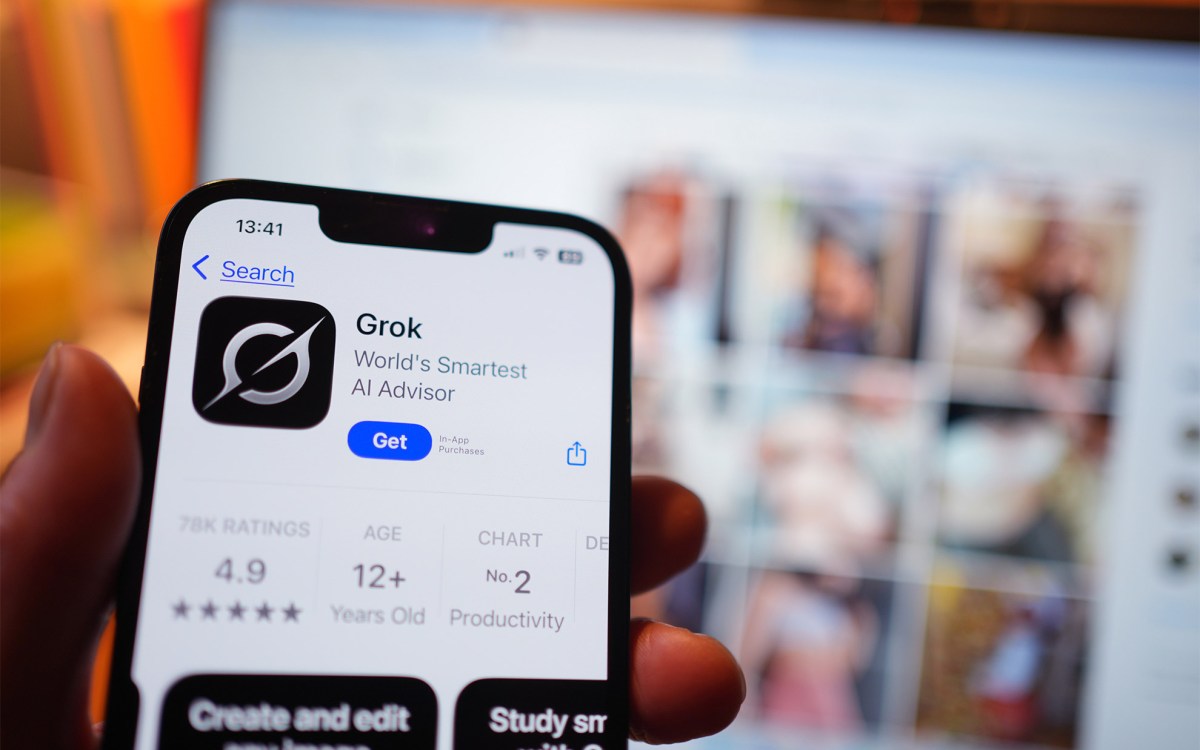
How AI deepfakes have skirted revenge porn laws
Limits unclear when explicit images of individuals look real, but are digitally generated
-
COVID-19 lockdown highlights ozone chemistry in China
During COVID-19 lockdown, China saw an increase in ozone pollution despite a drop in emissions from transportation and manufacturing sources. The question is, why?

-
Telemedicine for stroke patients improves outcomes
The first national analysis shows patients at hospitals that offer remote stroke consults fare and were more likely to survive than patients who presented at hospitals without stroke telecare.

-
CAPTURE-ing movement in freely behaving animals
Harvard researchers develop a new motion-tracking system that delivers an unprecedented look at how animals move and behave naturally.
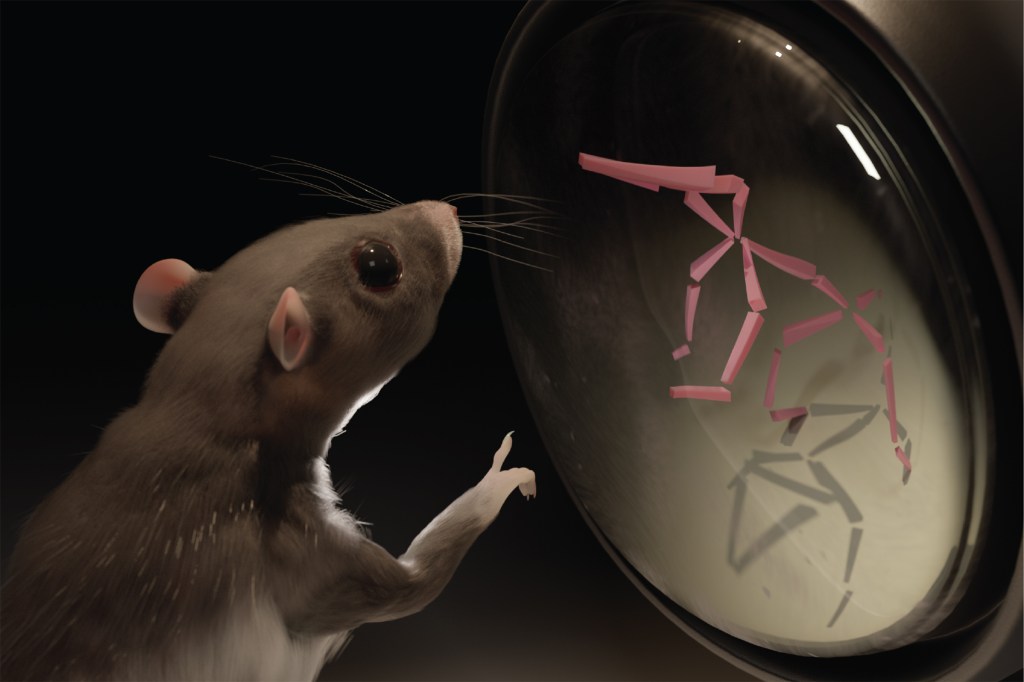
-
Losing time against climate disaster
In an online Harvard Science Book Talk, philanthropist Bill Gates warns of environmental perils ahead and offers a plan to combat them.

-
Unlocking the colors of insect vision
Harvard researchers develop in vitro method for probing what colors an insect sees.
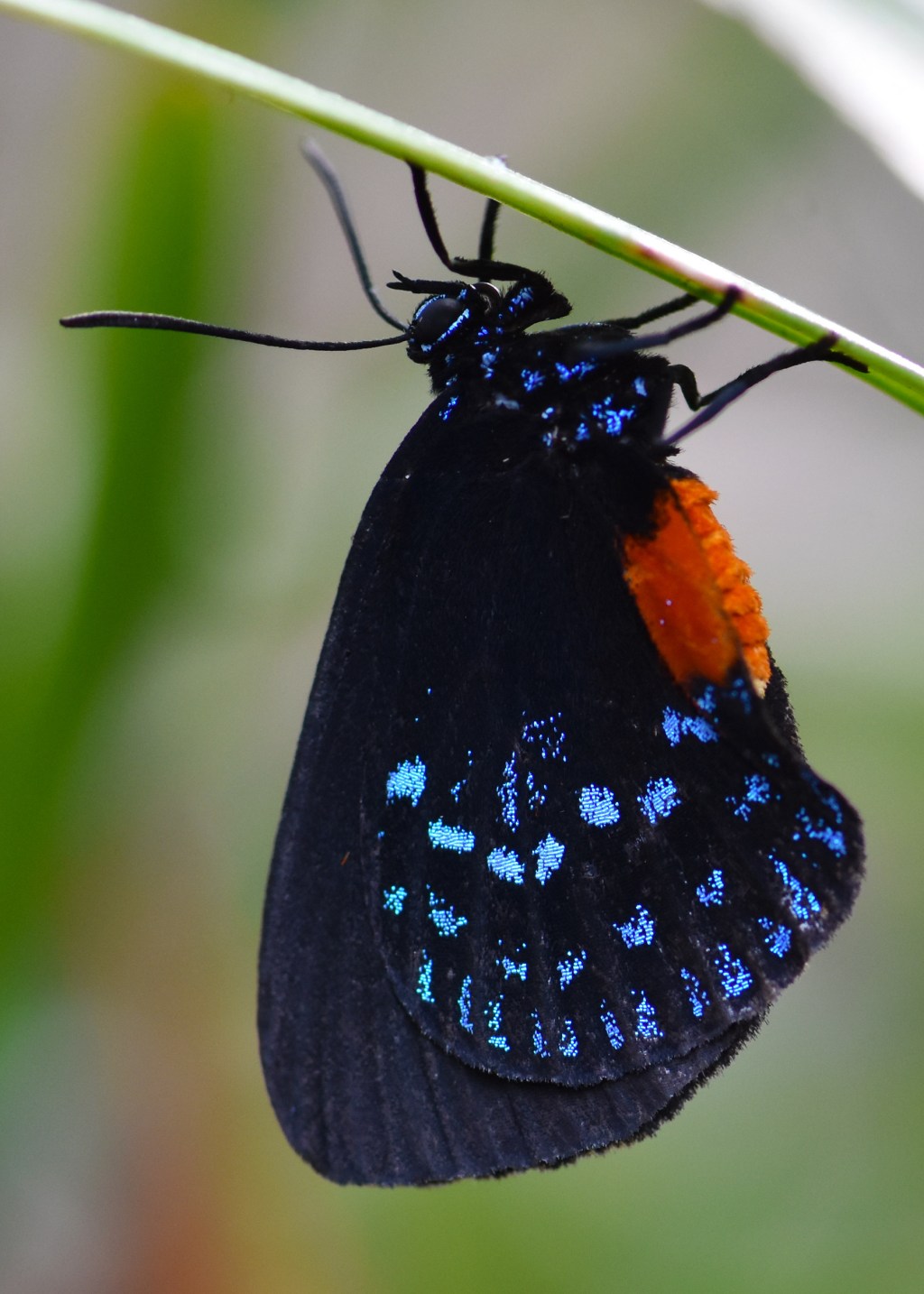
-
AI can help reduce the risk of HIV in high-risk communities
Researchers have developed an AI system that can identify the people within a social network who can most effectively promote information about HIV prevention to their peers.
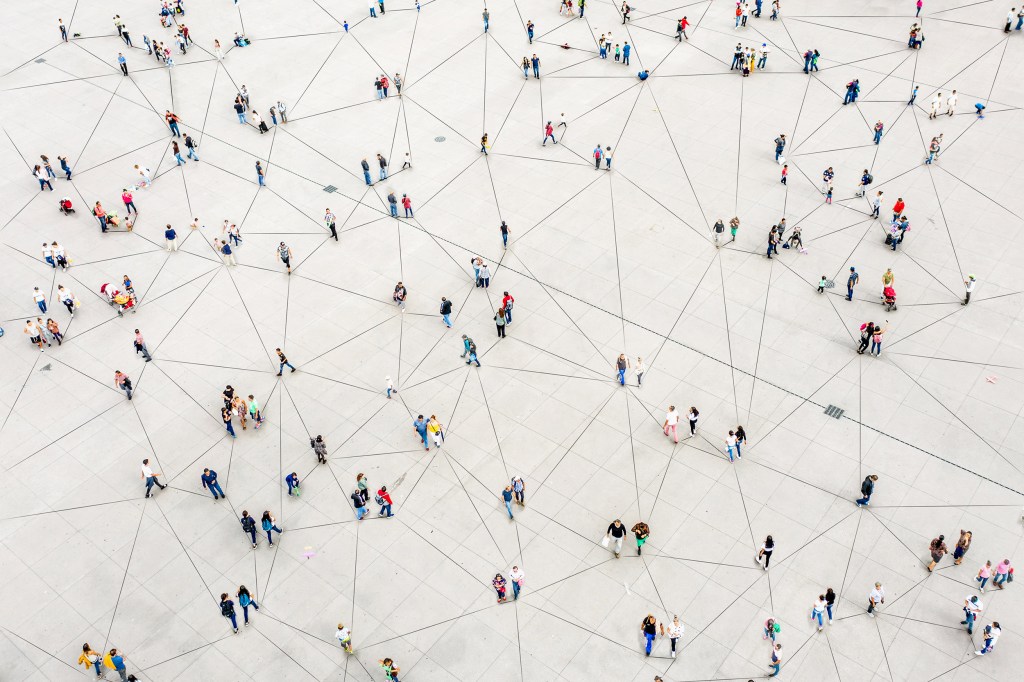
-
Wanted: Bold ideas
The Star-Friedman Challenge for Scientific Research is ready to provide seed funding for high-risk, high-impact work in the life, physical, and social sciences. Harvard researchers have until March 1 to apply for the funding.
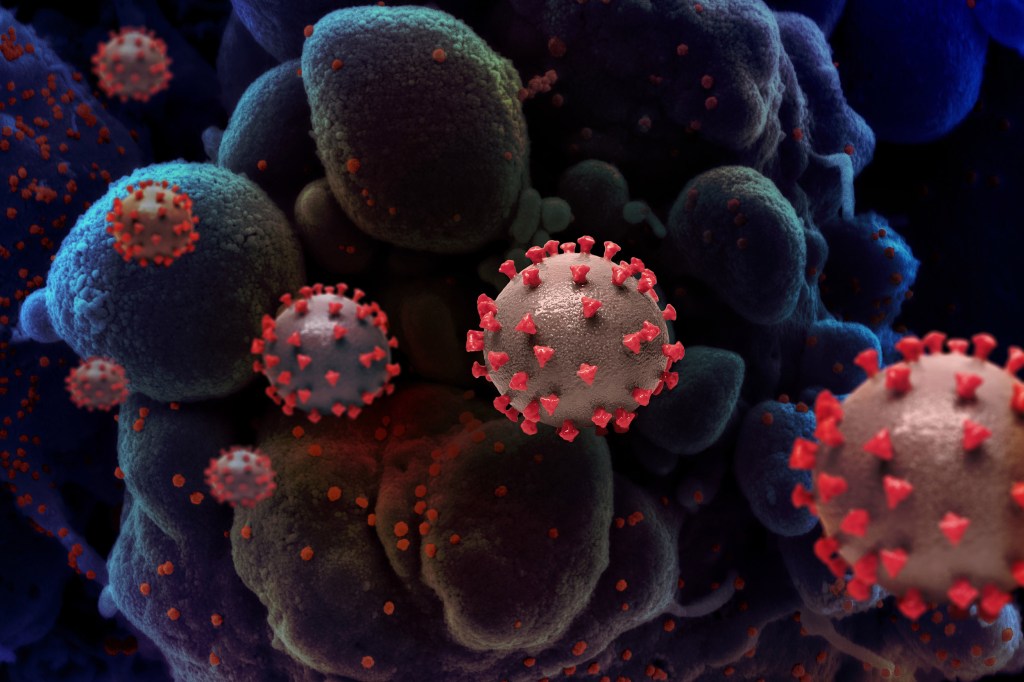
-
The cataclysm that killed the dinosaurs
New theory explains origin of comet that killed the dinosaurs
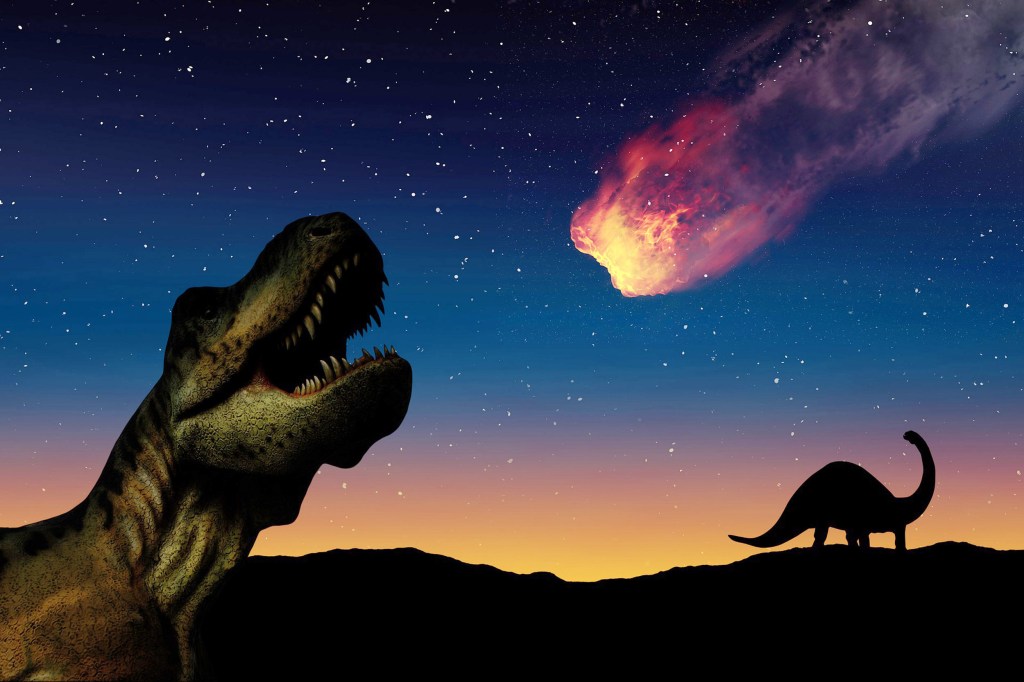
-
The science of siestas
Researchers have identified three distinct mechanisms that promote napping and found that many napping-related genes also regulate other aspects of sleep.

-
How jellyfish and sea anemones know when (and when not) to sting
A team of researchers from Nicholas Bellono’s lab has discovered how the trigger system of jellyfish and sea anemones stinging works on a molecular level.
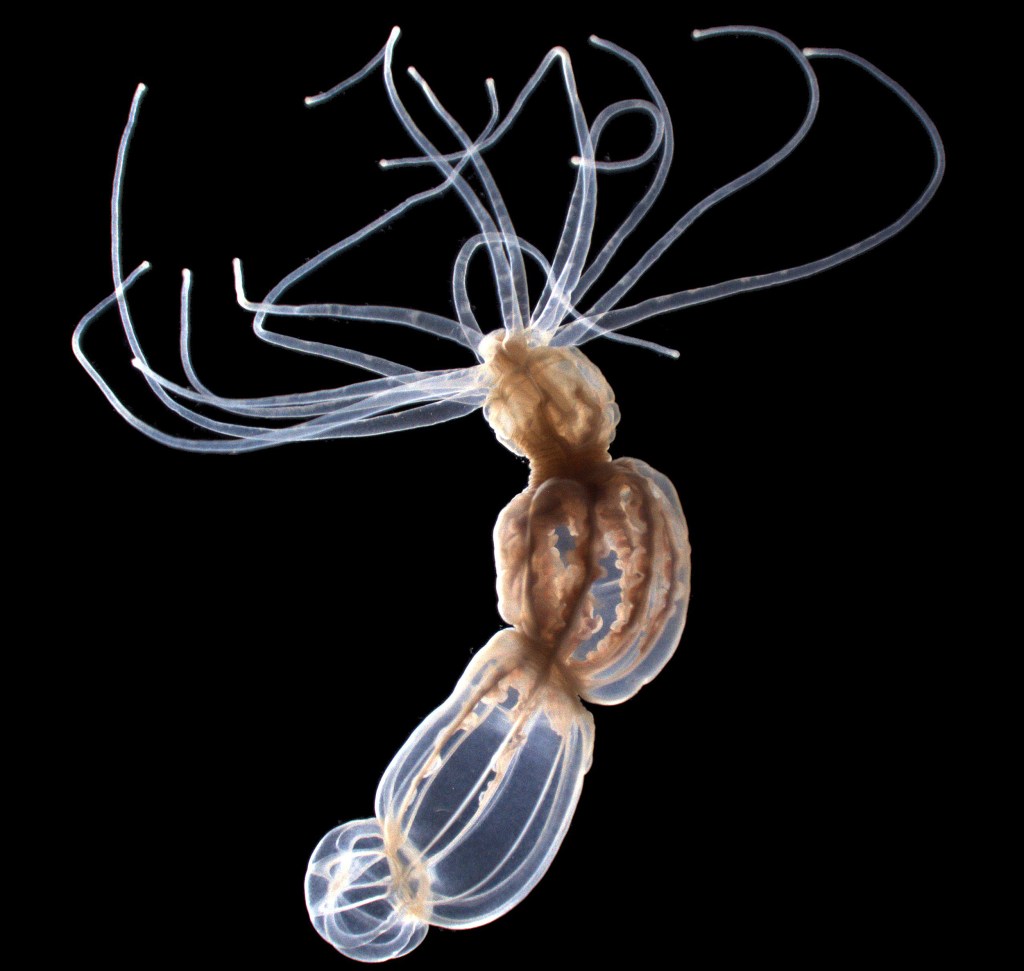
-
1 in 5 deaths caused by fossil fuel emissions
A new study greatly increases estimates of the numbers killed by air pollution.

-
Scientists use trilayer graphene configuration to observe more robust superconductivity
The new three-layer system opens the door for high-temperature superconductors.
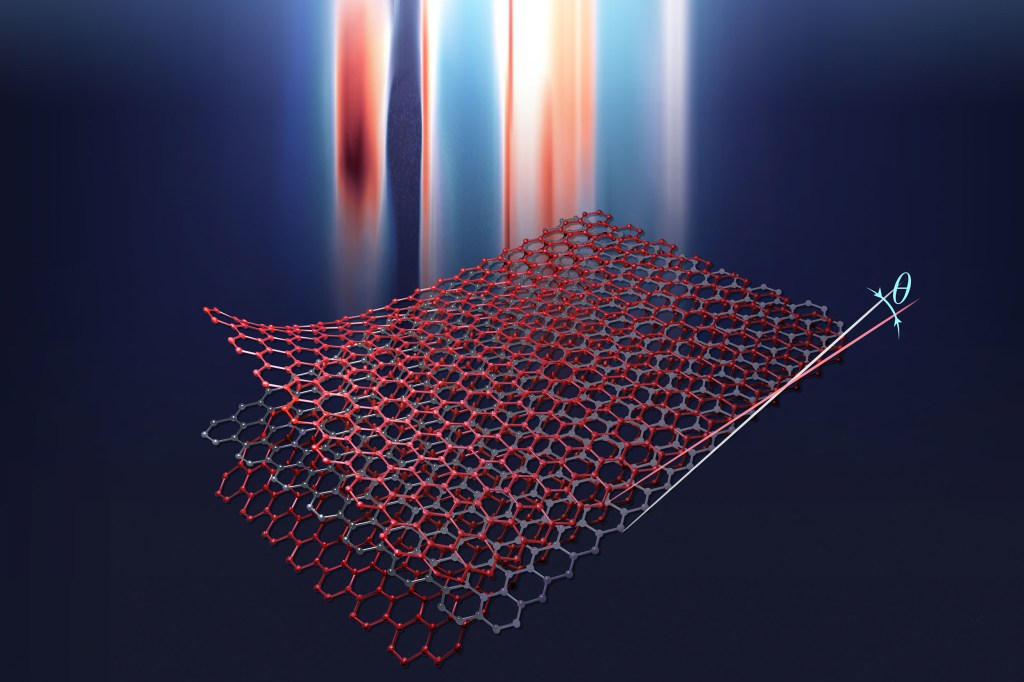
-
Tracking the proteins before Alzheimer’s takes hold
A team led by investigators has now developed an automated method that can identify and track the development of two key abnormal protein deposits that accumulate in the brain during the development of Alzheimer’s disease.
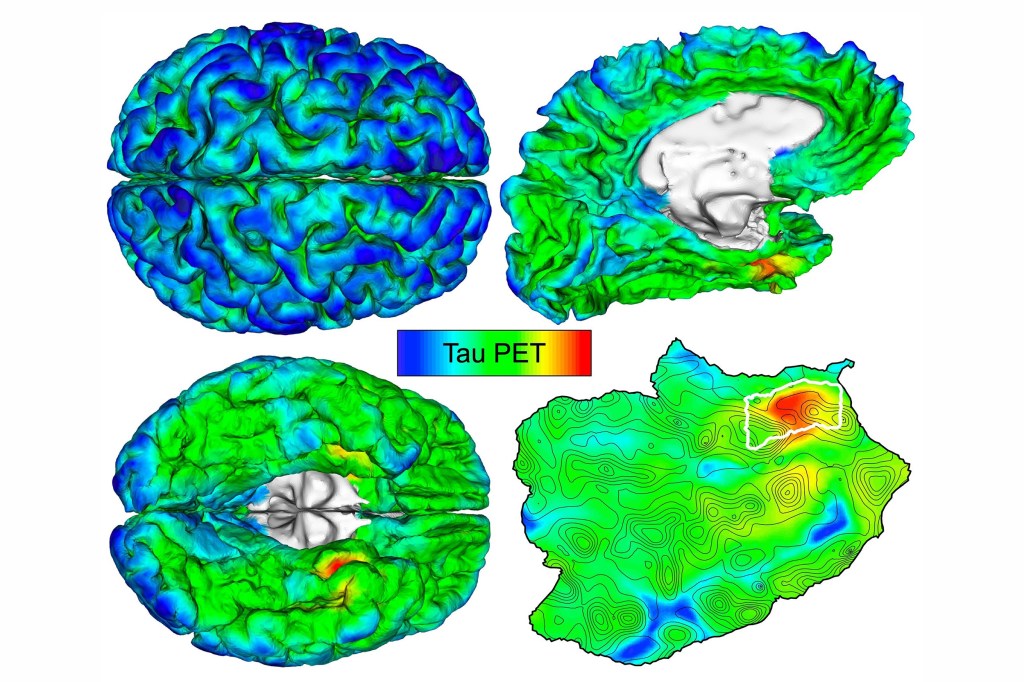
-
Microbes are around and within us but there’s much we don’t know about them
Harvard microbial ecologists take an up-close look at mouth bacteria.
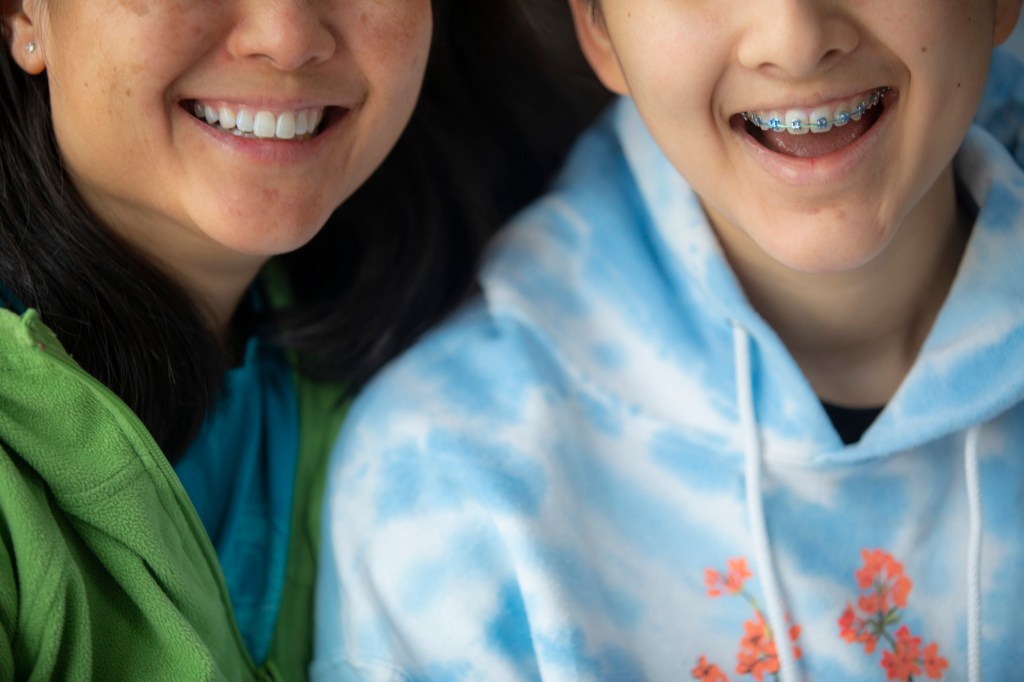
-
Growing the family tree
More than one-third of the U.S. population is made up of individuals with recent ancestors from multiple continents. A new genetics tool helps uncover disease-associated gene variants in these individuals.
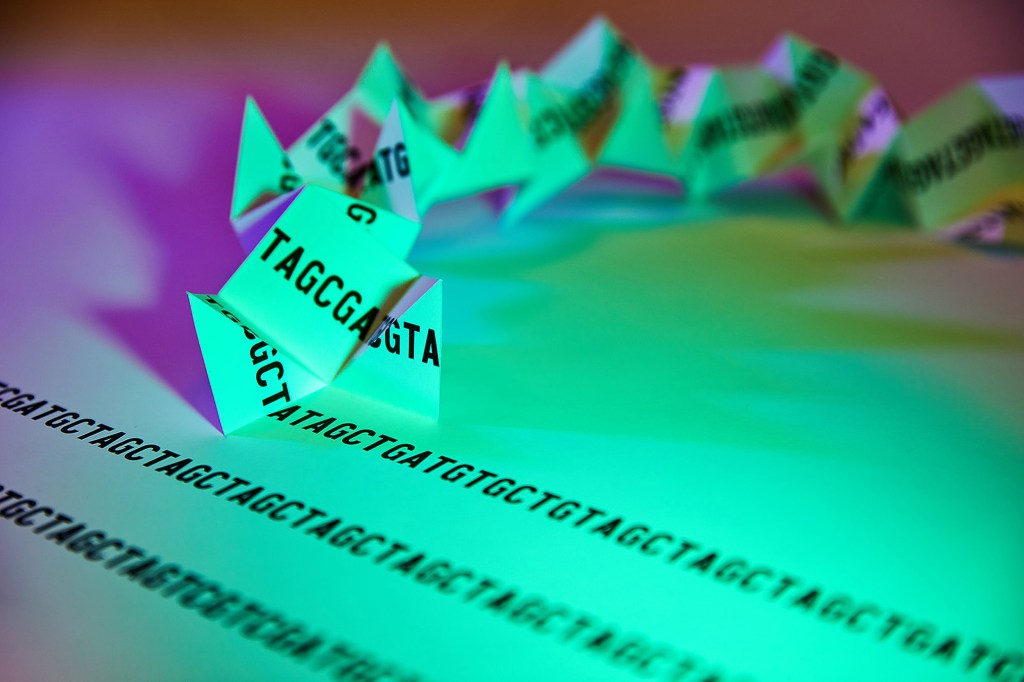
-
Tracking an invasive ant species to its native land
Waring Trible’s research took him to Southeast Asia to unravel the origin story of the clonal raider ant, an invasive species found in various parts of the world.
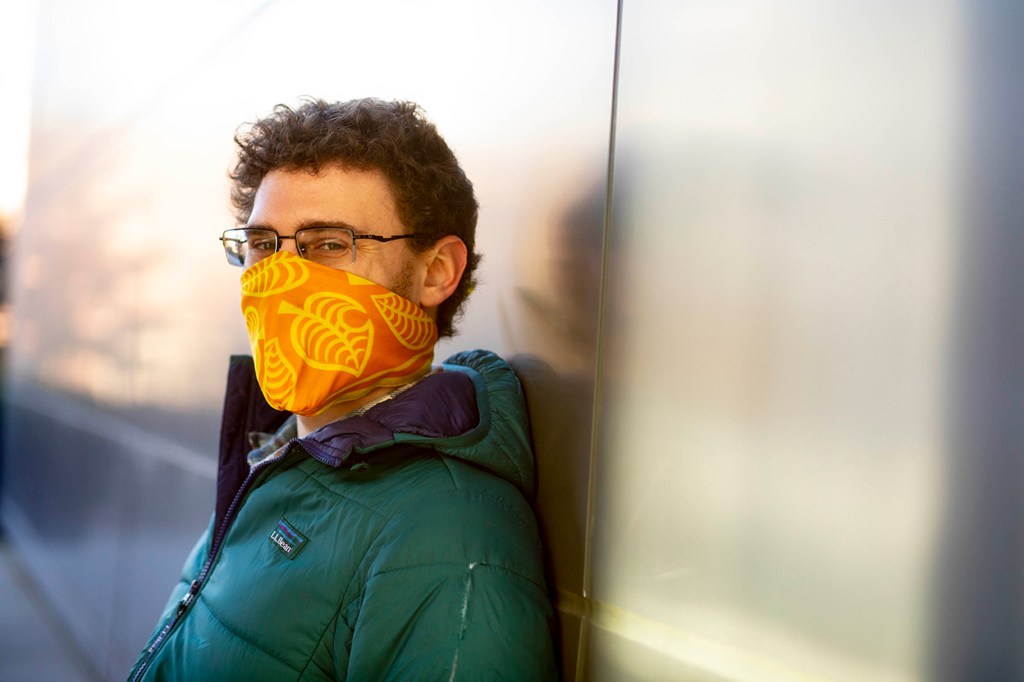
-
The star chemist
Junior Fellow Mireille Kamariza is an award-winning scientist and entrepreneur, who was recognized for inventing a portable, low-cost diagnostic tool to detect tuberculosis.
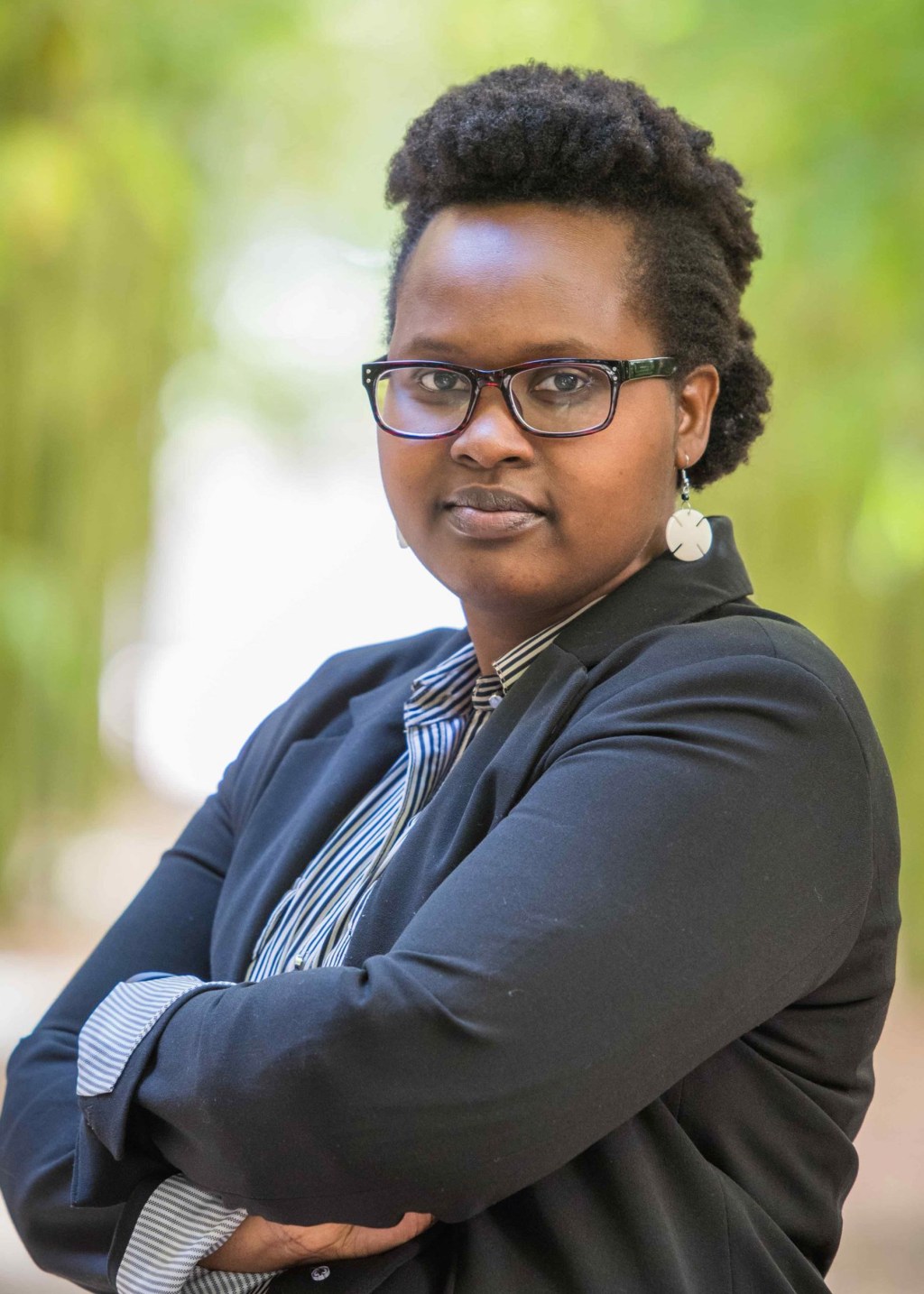
-
What prompted Capitol rioters to violence?
The Jan. 6 attack on the U.S. Capitol over Donald Trump’s election loss stunned the country and forced many to ask what prompts people to political violence.

-
High schoolers discover four exoplanets through Harvard & Smithsonian mentorship program
At the Center for Astrophysics | Harvard & Smithsonian mentorship program, two students discovered four new exoplanets about 200-light-years away from Earth.
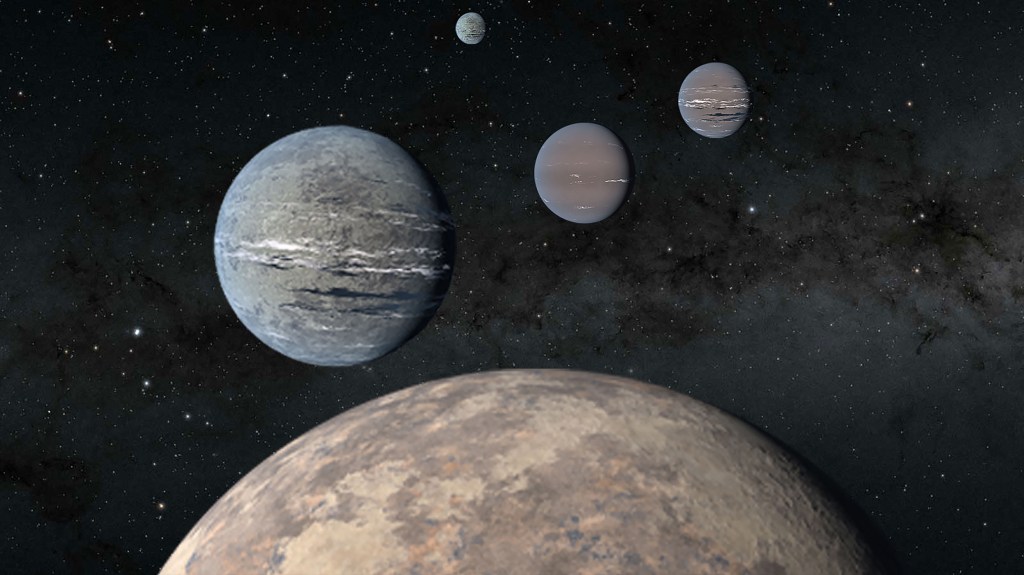
-
Innovative tool offers hope for children with rapid-aging disease
Several hundred children worldwide live with progeria, a deadly premature aging disease.
-
The neurons that hold our hidden thoughts
For the first time, neuroscientists were able to observe how individual neurons paint a rich and detailed representation of others’ beliefs, including whether they were true or not.
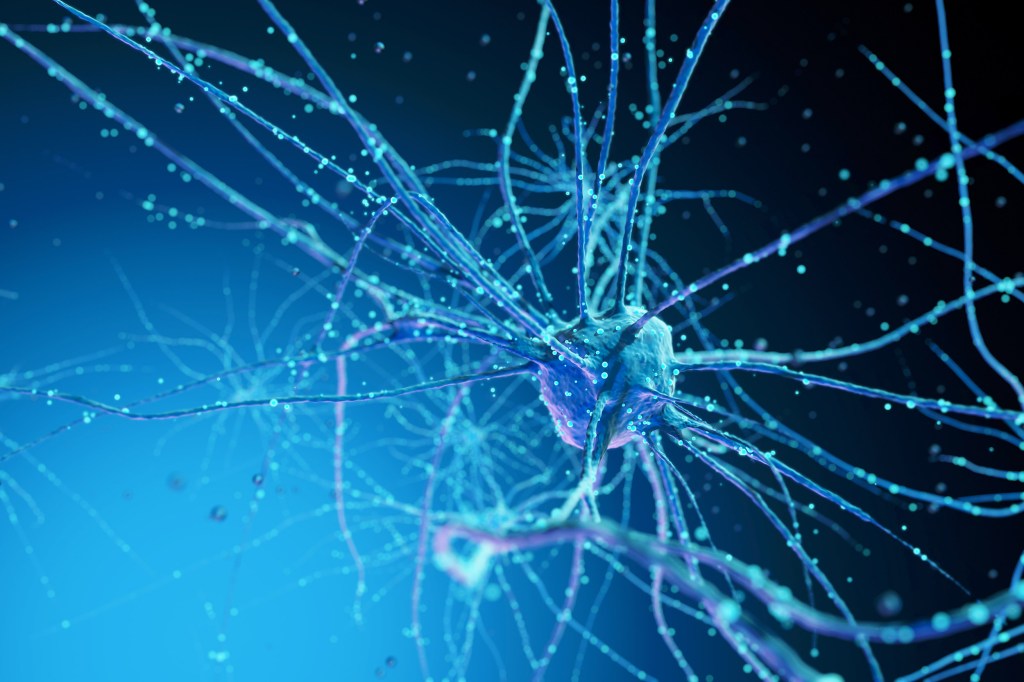
-
Music of the spheres
Team uses data from space telescopes to create music.
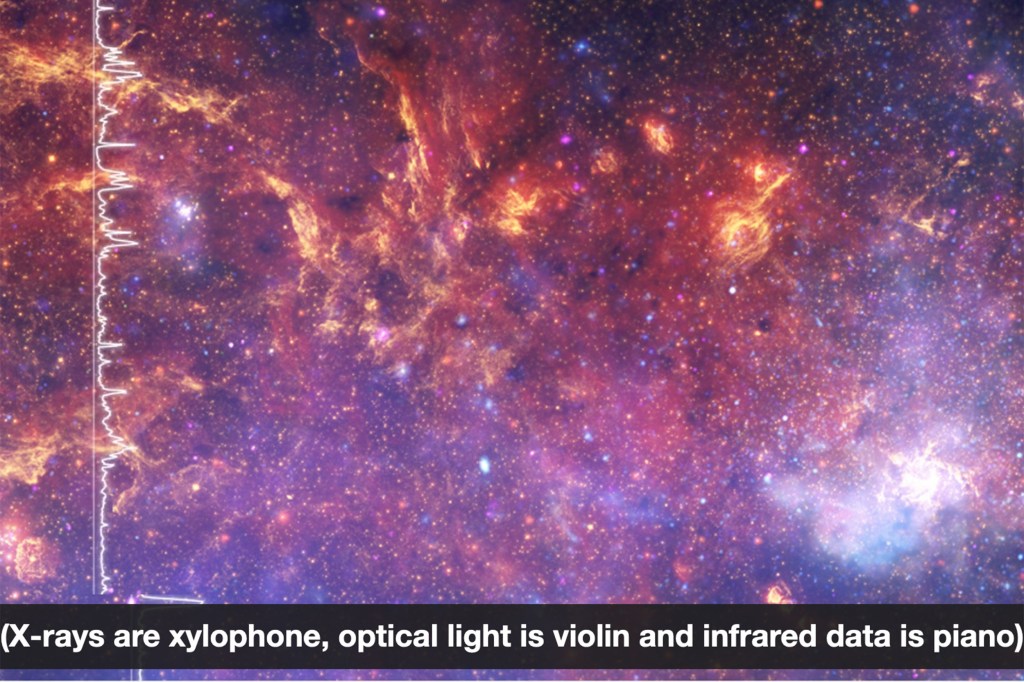
-
‘The most charismatic and strange of all flowering plants’
Sapria genome shows astonishing gene loss and gene theft.
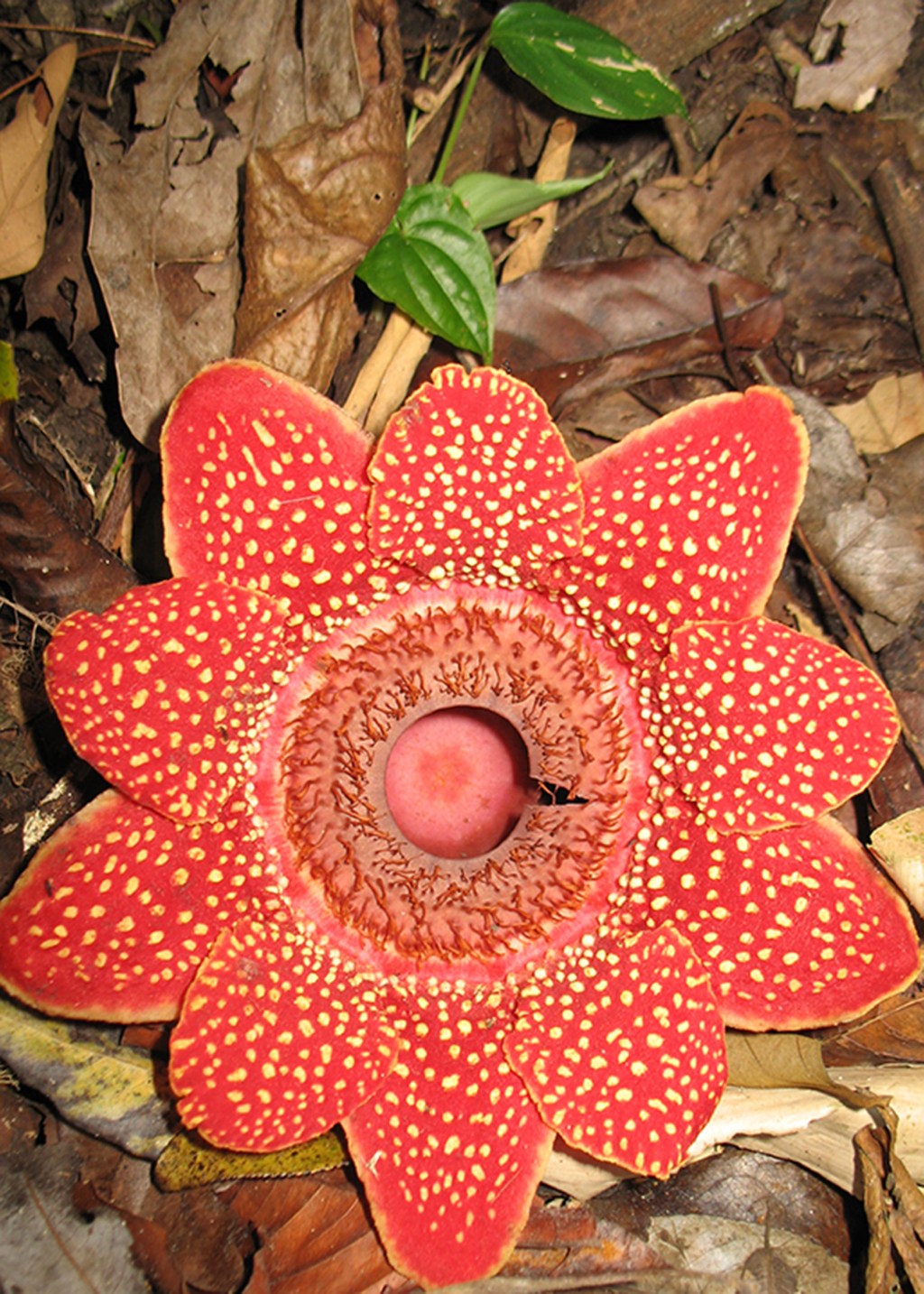
-
Cloudless, Jupiter-like planet discovered
The first Jupiter-like planet without clouds has been detected by astronomers at the Center for Astrophysics | Harvard & Smithsonian. Unlike our Jupiter, which takes nearly 12 years to orbit the sun, WASP-62b completes a rotation in just four-and-a-half days.
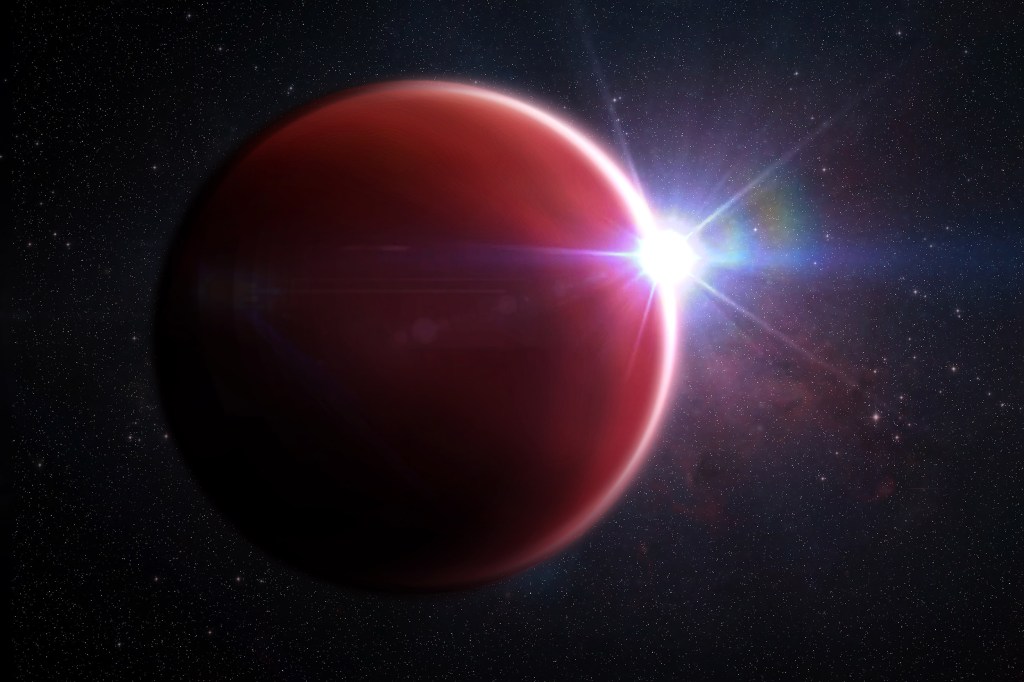
-
Wielding a laser beam deep inside the body
Robotic engineers from Harvard’s Wyss Institute and John A. Paulson School for Engineering and Applied Science have developed a laser-steering microrobot in a miniaturized 6 by 16 millimeter package that can be integrated with existing endoscopic tools.
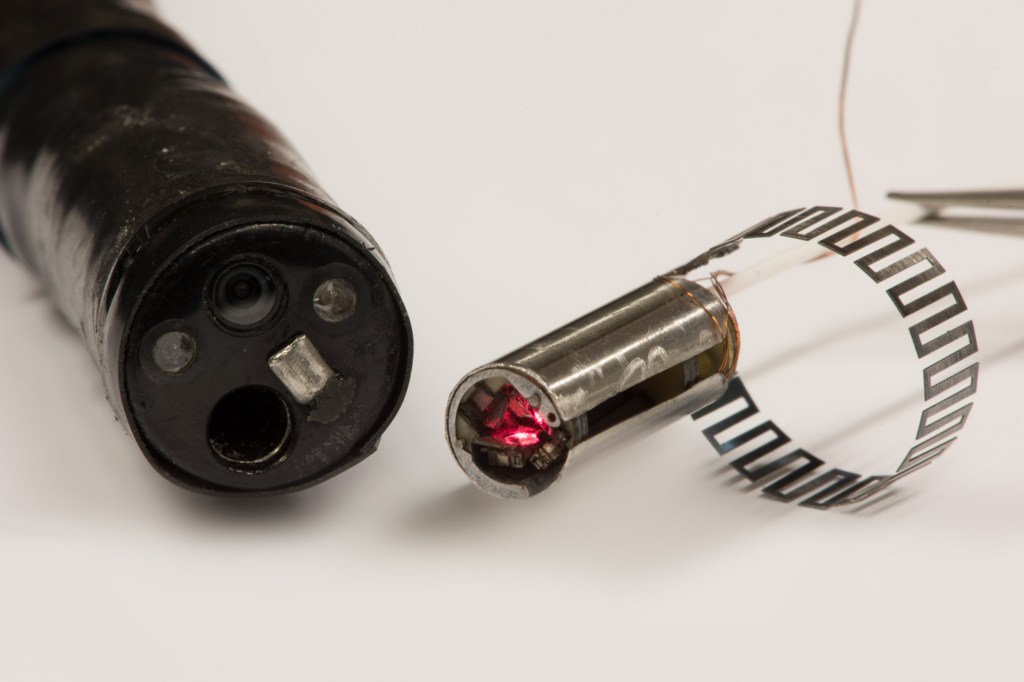
-
Astrochemist brings search for extraterrestrial life to Center for Astrophysics
Clara Sousa-Silva, whose expertise in phosphine as a biosignature gas was key to a recent analysis that may have detected life in the clouds of Venus, has moved to the Center for Astrophysics | Harvard & Smithsonian for the final two years of her fellowship. She discusses the finding and the broader topic of the search for life on other planets.
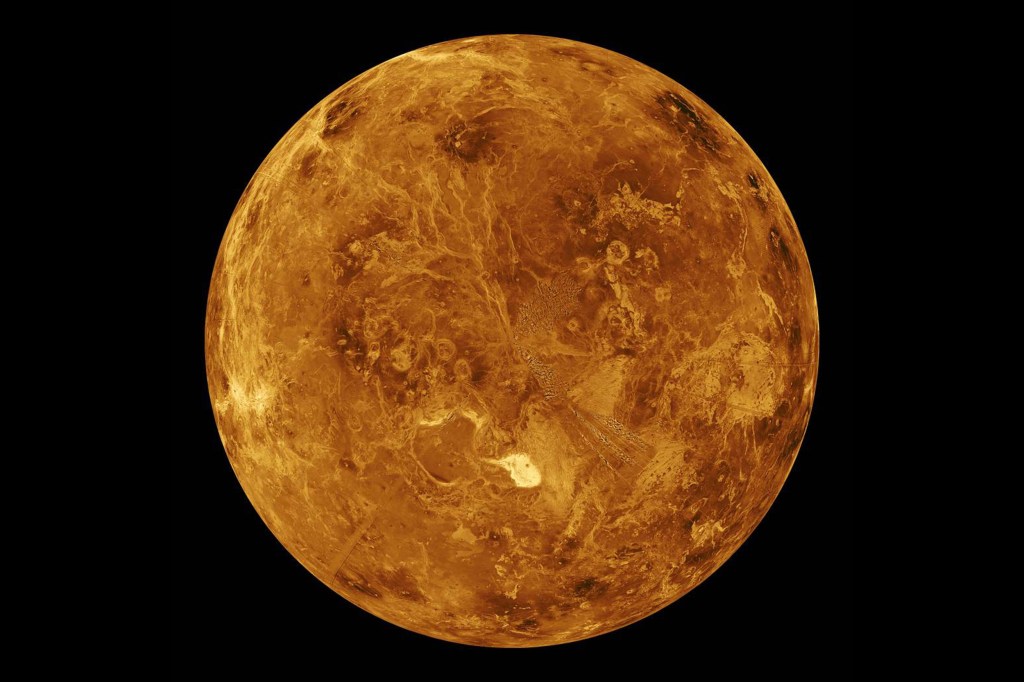
-
Island investigations
New answers have emerged from the largest genome-wide study to date of ancient human DNA in the Americas.
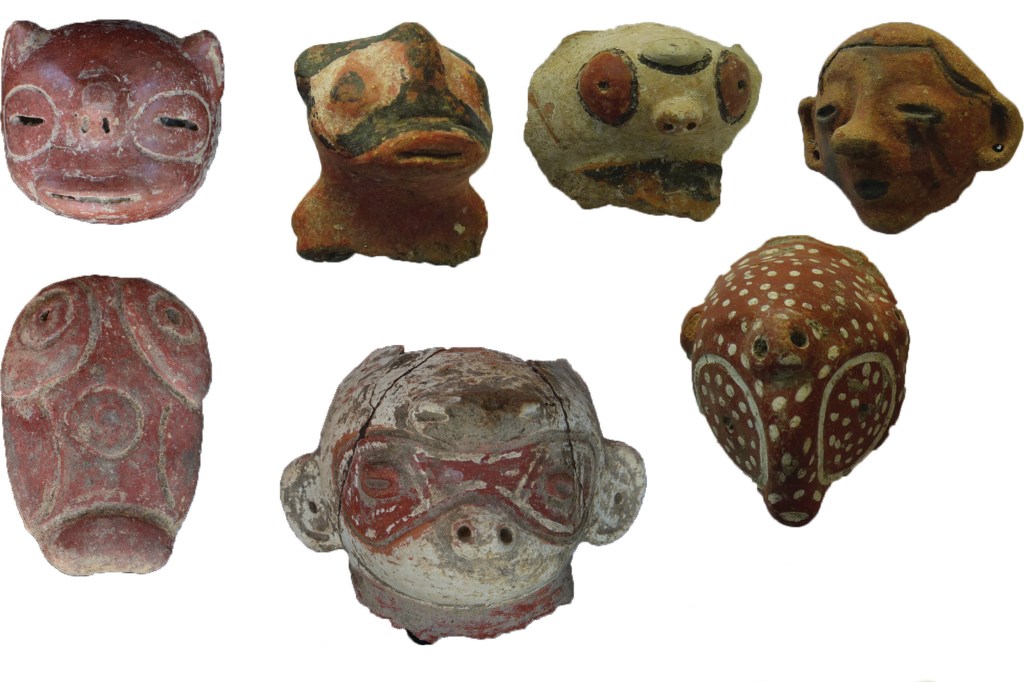
-
Research labs score perfect COVID safety records
Six months after reopening, Harvard’s labs report an unblemished safety record, important contributions to the state’s economy, and an array of scientific findings, albeit with the requisite frustration of operating during a pandemic.
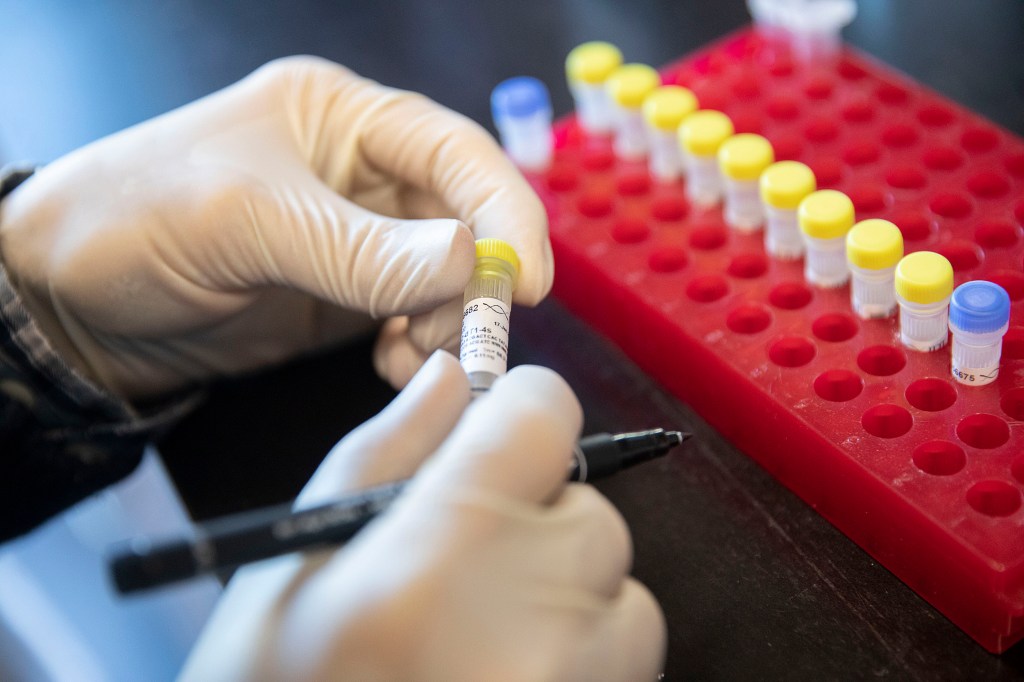
-
Researchers take closer look at serrated teeth of ancient predator
Harvard researcher finds first saber-toothed animals had dinosaur-like teeth before dinosaurs did.
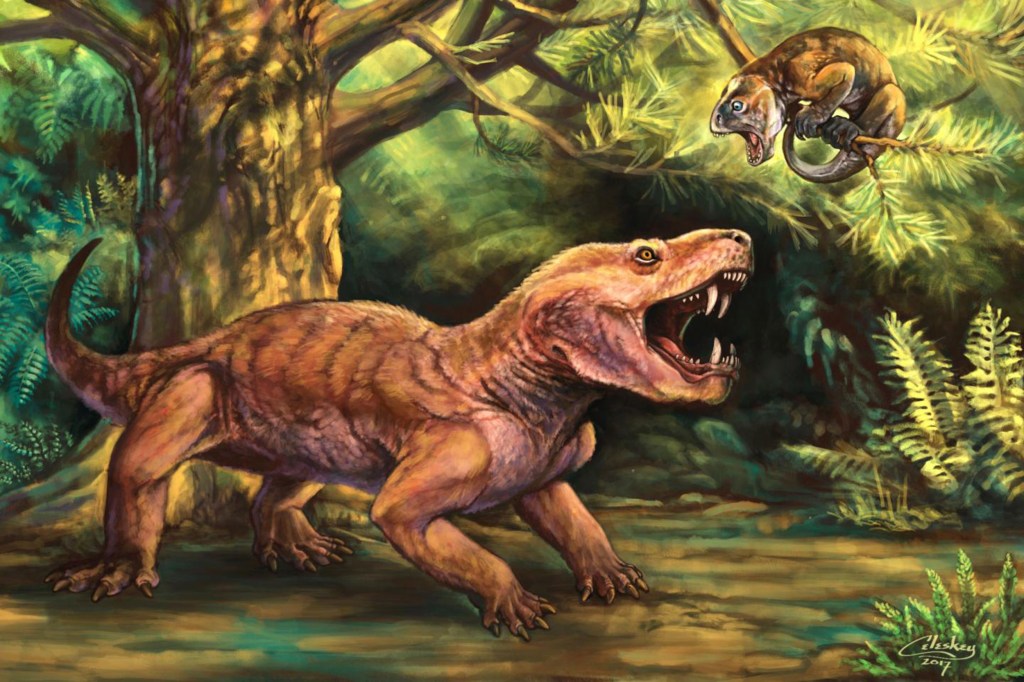
-
Here comes the sun
Seasonal changes in UV may alter the spread of COVID but not as much as social distancing.
